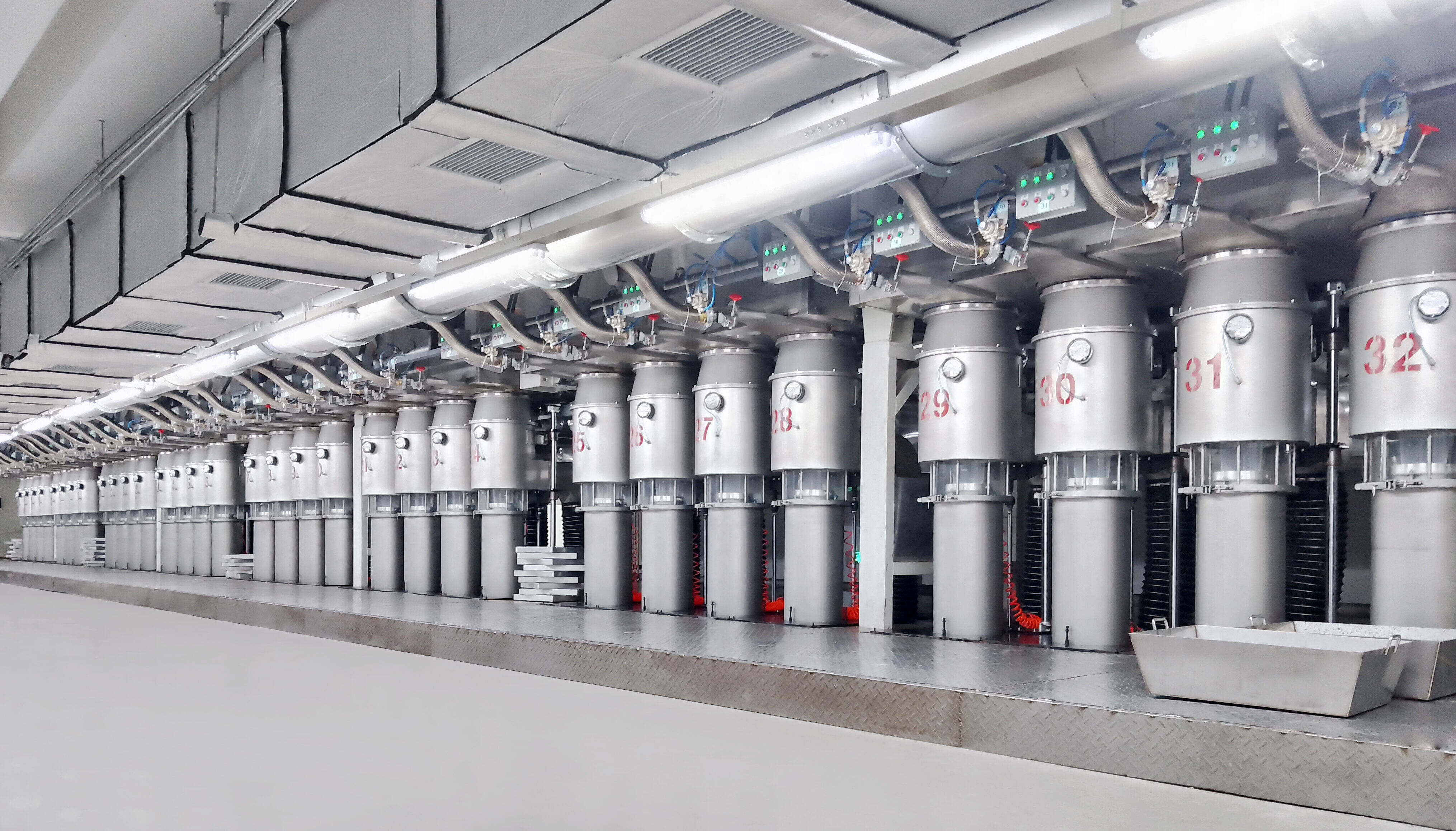Soft Gem | Turnkey Recycled Bottle to Fiber Production Line Solutions
Soft Gem delivers end-to-end turnkey solutions for recycled bottle to fiber production lines, covering project planning, process design, and equipment manufacturing. Our systems produce diverse fiber types, including polyester staple fiber, 3D hollow conjugated PET, and high tenacity fibers, with capacities up to 200 tons/day. We integrate digital technologies for smart production management and offer 7×24 after-sales support to ensure continuous operation. As a Chinese leader with 30+ years in synthetic fiber equipment, we prioritize innovation and sustainability, helping clients reduce waste and enhance productivity. Choose Soft Gem for reliable, fully integrated recycled bottle to fiber solutions that align with your environmental and business goals.
Get A Quote
